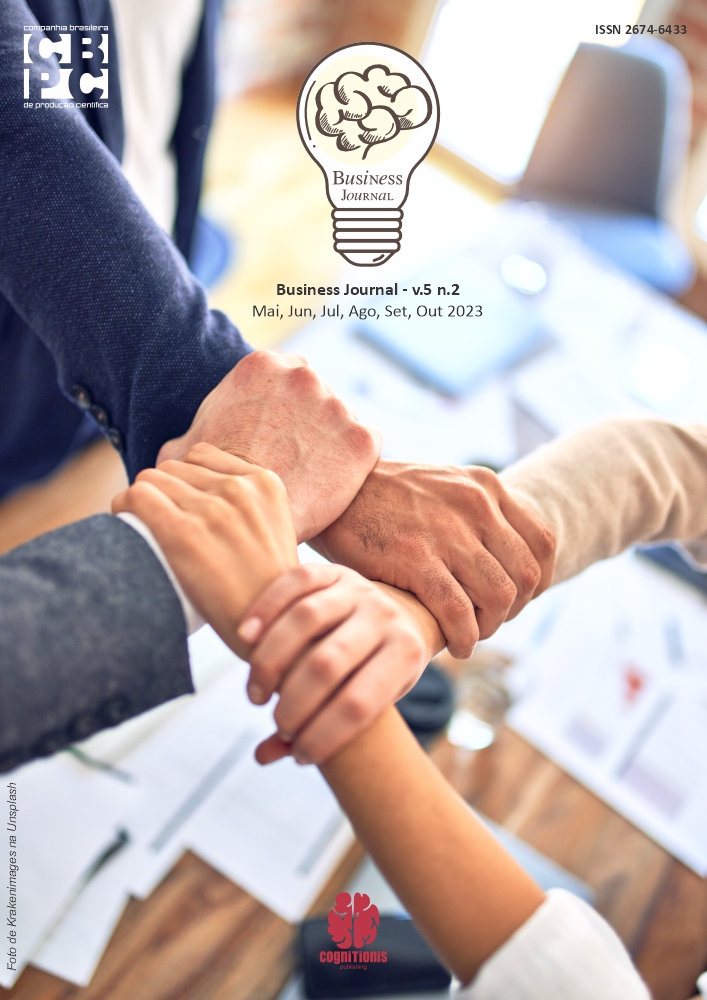Experience services: nostalgia and activation of the senses in a visit to a museum
Keywords:
Experiential Marketing, Voluntary Sensory Stimuli, Involuntary Sensory Stimuli, Mouth To Mouth, MuseumsAbstract
The analysis of the impacts of voluntary and involuntary sensory stimuli on consumer behavior has relevant theoretical and practical implications, both for academia and for organizations. Along these lines, this article sought to identify how voluntary (sight, touch and taste) and involuntary (hearing and smell) sensory stimuli are related, inserted in museum environments with the intention of positive word-of-mouth advertising, on the part of of the consumer. To this end, a survey was conducted with visitors to the Cais do Sertão Museum, Recife/PE. From the application and a Multiple Regression analysis, it was verified that voluntary sensory stimuli (sight and touch) have greater significance in relation to word-of-mouth, and the feeling of nostalgia with positive word-of-mouth. Involuntary sensory stimuli (smell and hearing) did not obtain expressive results in the analyses, despite presenting significant values in some data. The present study contributes to the literature by revealing that the development of service environments that stimulate voluntary sensory senses tends to increase the consumer's propensity to recommend and speak well of the business to other people.
Downloads
Downloads
Published
Issue
Section
License
Copyright (c) 2023 Brazilian Journal of Scientific Administration

This work is licensed under a Creative Commons Attribution-NonCommercial-NoDerivatives 4.0 International License.
The CBPC - Companhia Brasileira de Produção Científica (Brazil CNPJ: 11.221.422/0001-03) the material rights of the published works. The rights relate to the publication of the work anywhere in the world, including rights to renewals, expansions and dissemination of the contribution, as well as other subsidiary rights. All electronically published works may subsequently be published in printed collections under the coordination of this company and / or its partners. The authors preserve the copyright, but are not allowed to publish the contribution in another medium, printed or digital, in Portuguese or in translation.









